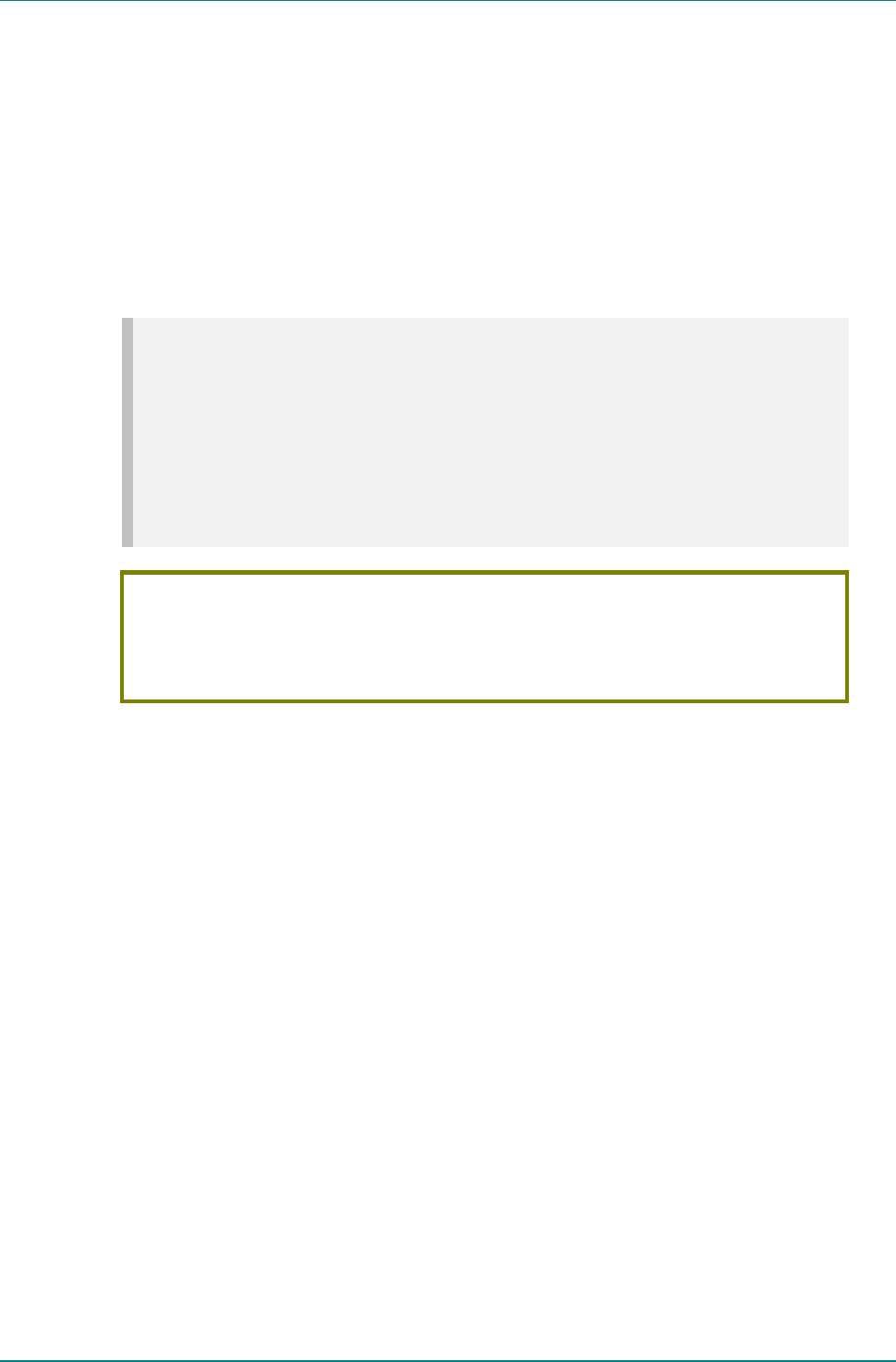
Installing the Equipment
Instruction Manual: evolution 5000 E57xx DSNG and DENG Voyager Encoder Page 2-9
ST.TM.E10076.3
The internal dc power supply module used in this equipment is designed
for use on dc supplies ranging from 12 to 36 volts dc. (see Annex B,
Technical Specification for a full power supply specification).
The dc connections within the Encoder are floating (both are isolated from
the Encoder case and earth connection). Refer to the previous caution
regarding voltage polarity.
The recommended types of dc power sources are as follows:
· Battery with suitable fuse protection
· Linear PSU capable of 12 A with a peak of 30 A
· Switched-mode PSU capable of 12 A with a peak of 30 A
NOTES…
1. The voltages specified are those required at the Encoder DC INPUT terminals when the unit is
powered on, therefore any cable voltage drop must be taken into account at the time of
installation.
2. In situations where the Encoder is battery powered and remote from a charging source, two
12 volt batteries wired in series are recommended, to avoid the voltage dropping to a level where
the Encoder switches off.
3. Ensure that the non-earthed side connection of the dc supply is protected by a suitably rated
(30 A) external fuse.
CAUTION…
The Encoder requires a minimum of 12 volts to power up and has a low voltage shutdown facility that
operates at approximately 11 volts. This is part of the power unit’s design. Failure to observe the
equipment voltage requirements may result in power cycling of the Encoder if the battery is unable to
maintain its terminal voltage. Damage may result if this condition is allowed to continue.
2.5.2 DC Power Cable and Earthing
General
The Encoder is supplied with a two metre, three-way cable terminated with
a three way shrouded socket at one end and prepared tails at the other.
Although the Encoder consumes less than 20 A, the use of 20 A rated
cable is recommended in order to minimise voltage drop from the dc
supply.
The socket has one large and four small key-ways. The large key-way is
positioned at the bottom of the connector. Offer the cable connector to the
front panel connector as follows:
1. Check that the connector collar is in one of its click positions.
2. With the large key-way at the bottom and pin 2 at the top, push the
line connector home.
3. Push the knurled collar forward against the collar’s internal spring and
rotate it to the right until it locates in the detents, the connection is
now complete.
Check that the dc power connections are of sufficient capacity for the
current required by the Encoder.


















